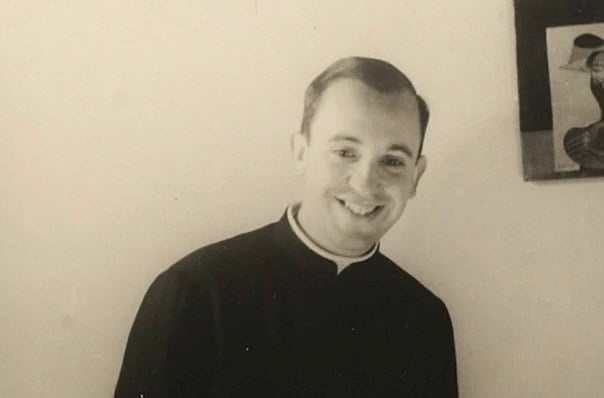Pope Francis, a beacon of compassion and reform, has died at the age of 88. The Vatican confirmed his passing early on April 21, 2025, leaving the world in mourning and reflection. The news has resonated far beyond the confines of the Catholic Church, as global leaders, interfaith communities, and ordinary citizens pay tribute to a man who reshaped the papacy with humility and hope.
Known for his groundbreaking positions on social justice, environmental advocacy, and inclusivity, Pope Francis’s death marks the end of a deeply transformative era. His leadership style was one of compassion over condemnation, dialogue over division. His words moved millions, but his actions—washing the feet of prisoners, living simply, advocating for the downtrodden—spoke even louder.
In the coming days, the Vatican will conduct the rites and ceremonies that mark the passing of a pontiff. But for now, the world collectively grieves a spiritual leader who dared to lead with love.
Who Was Pope Francis?
Born Jorge Mario Bergoglio in Buenos Aires, Argentina, on December 17, 1936, Pope Francis came from modest beginnings. The son of Italian immigrants, his father was a railway worker, and his mother stayed home to raise five children. From these humble roots, he grew into a figure revered worldwide for his unwavering empathy and devotion to the poor.
As a young man, he initially studied chemistry but soon felt a powerful spiritual calling. At the age of 21, he joined the Society of Jesus, drawn by their mission of education, simplicity, and missionary work. His formative years as a Jesuit instilled in him a passion for social justice and a distaste for elitism within the Church.
Throughout his ministry, Francis maintained a unique closeness to the people. He avoided luxury, chose modest housing, and frequently spent time with the poor and sick. These personal choices would later define his papacy and endear him to millions who longed for a more human, accessible Church.
Path to the Papacy
Francis’s rise through the ranks of the Catholic Church was quiet but significant. He was ordained as a priest in 1969 and served in various roles within the Jesuit order before becoming the Archbishop of Buenos Aires in 1998. During his time as Archbishop, he became known for his hands-on approach, often walking through slums and riding the bus instead of taking a chauffeur.
In 2001, Pope John Paul II elevated him to the position of Cardinal, giving him a global platform. Even in the Vatican’s inner circle, he remained a humble presence. When Pope Benedict XVI resigned in 2013—a rare occurrence in modern Church history—Cardinal Bergoglio emerged as a surprise frontrunner.
He was elected pope on March 13, 2013, taking the name Francis after St. Francis of Assisi, the patron saint of the poor. It was a symbolic and powerful choice that signaled his priorities from the start: humility, simplicity, and service to others.
Firsts and Historic Moments
Pope Francis broke multiple precedents from the moment he stepped onto the papal balcony. He was the first Latin American pope, the first Jesuit pope, and the first pope from the Southern Hemisphere. Each of these “firsts” brought with it a sense of renewal and change, especially for Catholics in regions that had long felt distant from Vatican politics.
His papacy was rich with historic moments. He was the first pope to address the U.S. Congress, the first to openly support civil unions for same-sex couples (though still holding the Church’s line on sacramental marriage), and the first to canonize an indigenous person from the Americas.
Beyond these headlines, it was his approach to governance that stood out. He held unprecedented synods, opened dialogues with atheists, Muslims, and Jews, and even engaged in global diplomacy, playing key roles in the U.S.-Cuba thaw and Venezuela peace talks.
A Humble Papacy
Pope Francis didn’t just preach humility—he lived it. From his first days as pope, he eschewed the lavish papal apartment in favor of a modest room in the Vatican guesthouse. He drove a used Renault and wore plain white cassocks instead of jewel-encrusted robes. His lifestyle sent a powerful message: the pope should serve, not reign.
He redefined what it meant to be a religious leader in the 21st century. While his predecessors often held court in ornate settings, Francis was frequently seen mingling with the faithful, embracing the sick, and taking selfies with young pilgrims. His accessibility was radical—and deeply appreciated.
Even his language was different. He spoke plainly, often off-script, and used everyday metaphors. Whether talking about caring for the Earth as “our common home” or urging priests to “smell like their sheep,” his messages resonated with people far beyond the pews.



